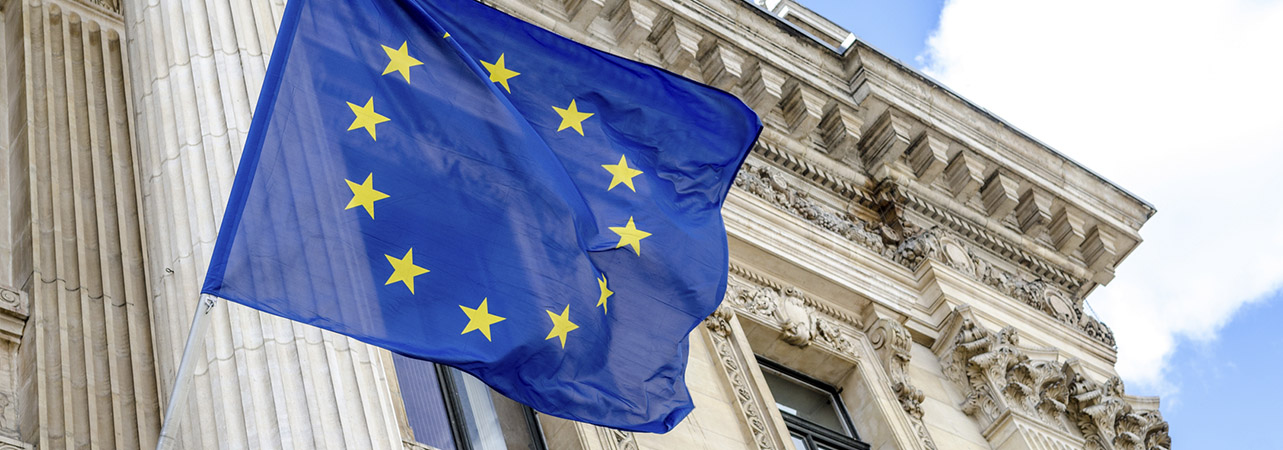January 2019
Having dominated financial markets in 2018, political issues intensified into 2019 in the UK and the US. The UK inched closer towards the Brexit deadline without any sign of a resolution. After losing the “meaningful vote” on her Brexit deal. Theresa May confirmed that she would approach Brussels to see if negotiations could be reopened. Her plan, however, met with a chilly response from EU leaders.
- The Irish backstop remains a key sticking-point for UK MPs
- President Trump called a temporary end to the US government shutdown
- Italy fell into recession
To view the series of market updates through January, click here.
Having dominated financial markets in 2018, political issues intensified into 2019 in the UK and the US. The UK inched closer towards the Brexit deadline without any sign of a resolution. After losing the “meaningful vote” on her Brexit deal by an unprecedented margin, Prime Minister Theresa May went on to survive a vote of no-confidence proposed by Labour leader Jeremy Corbyn. A range of non-binding amendments were tabled, and the seemingly intractable issue of the Irish backstop appeared to be the principal sticking-point for MPs. In the end, Theresa May confirmed that she would approach Brussels to see if negotiations could be reopened, before she heads back to Parliament for another vote in February.
“The Withdrawal Agreement remains the best and only deal possible” (Jean-Claude Juncker)
Her plan, however, met with a chilly response from EU leaders. The EU’s chief Brexit negotiator Michel Barnier said: “The Irish border will become … the EU and Single Market’s border. It will be our new external border. What is in play here is the protection of all EU consumers and businesses”. Meanwhile, European Commission President Jean-Claude Juncker stated: “The Withdrawal Agreement remains the best and only deal possible … (it) will not be renegotiated”, and went on to say: “Ireland’s border is Europe’s border – and it is our Union’s priority”. Despite the ongoing uncertainty, the FTSE 100 Index rose by 3.6% over January as a whole.
In the US, President Donald Trump finally backed down to end the longest-ever US government shutdown, despite not getting the money to finance a border wall between the US and Mexico. His capitulation was only temporary – he agreed to fund the government until 15 February – and he insisted that he still intends to achieve a US/Mexico border wall. The impact of the shutdown appears likely to be felt for some time: the Congressional Budget Office (CBO) estimated that the five-week shutdown had cost the US economy around US$3 billion and would cut first-quarter economic growth by about 0.2%. The Dow Jones Industrial Average Index rose by 7.2% during January.
The European Central Bank (ECB) appears to be less sanguine about the outlook for the region. Intensifying risks to growth – including geopolitical factors – and weaker-than-expected economic data are undermining sentiment. Having contracted by 0.1% during the third quarter of 2018, Italy’s economy fell into recession during the final three months of the year, shrinking by 0.2%.









